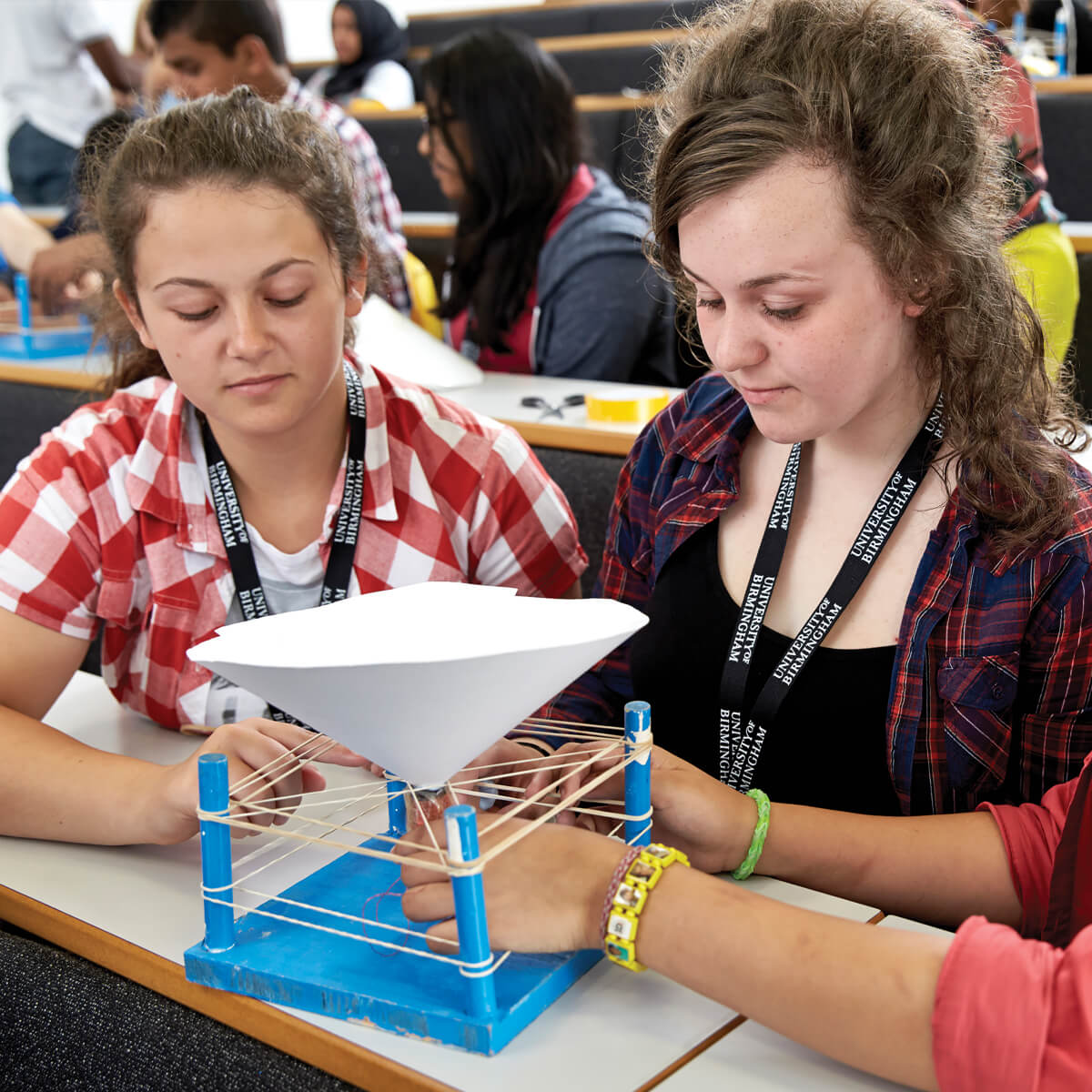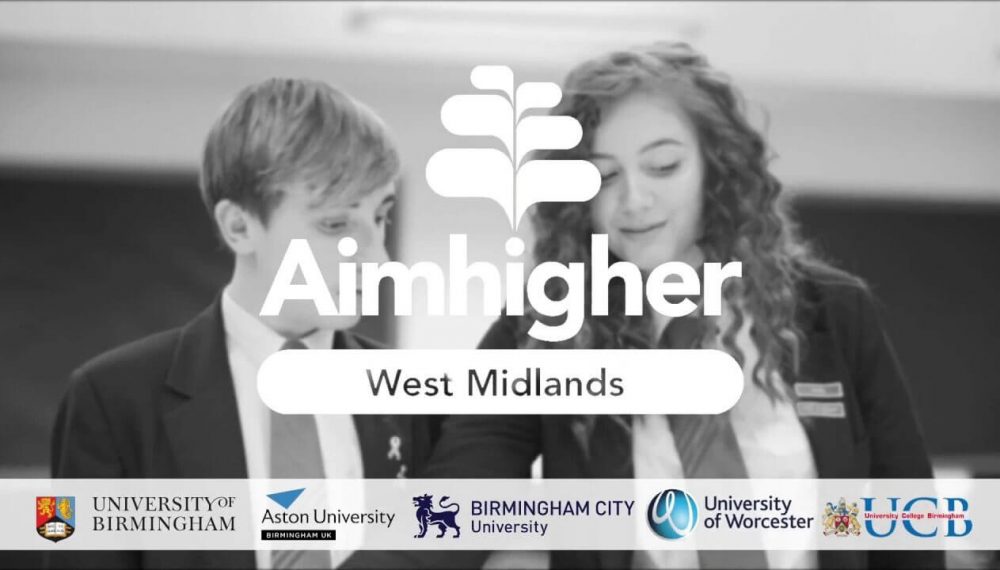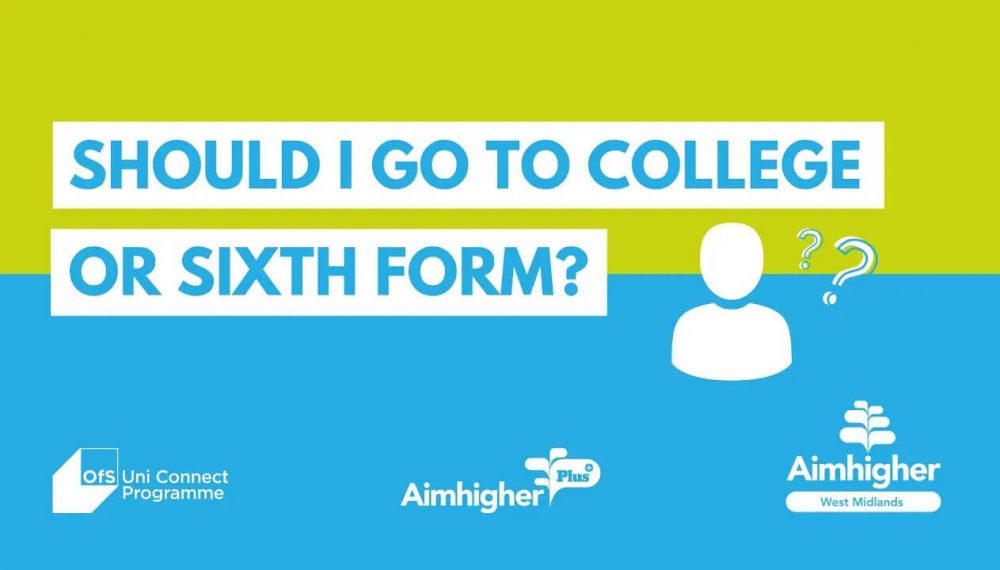Year 7 to 11 is an important time in your life. Now is a great time to start experimenting with different career ideas and options. You can begin building a future that makes the most of your skills and interests, while accessing an amazon range of opportunities.
You may be faced with a lot of questions at the moment, and we’re here to help. You can use this page as a helping hand to gain guidance and advice on how to conquer Years 7 – 11. Got a question? Chat to us and click on Speak to Aimhigher.
Speak to Aimhigher





